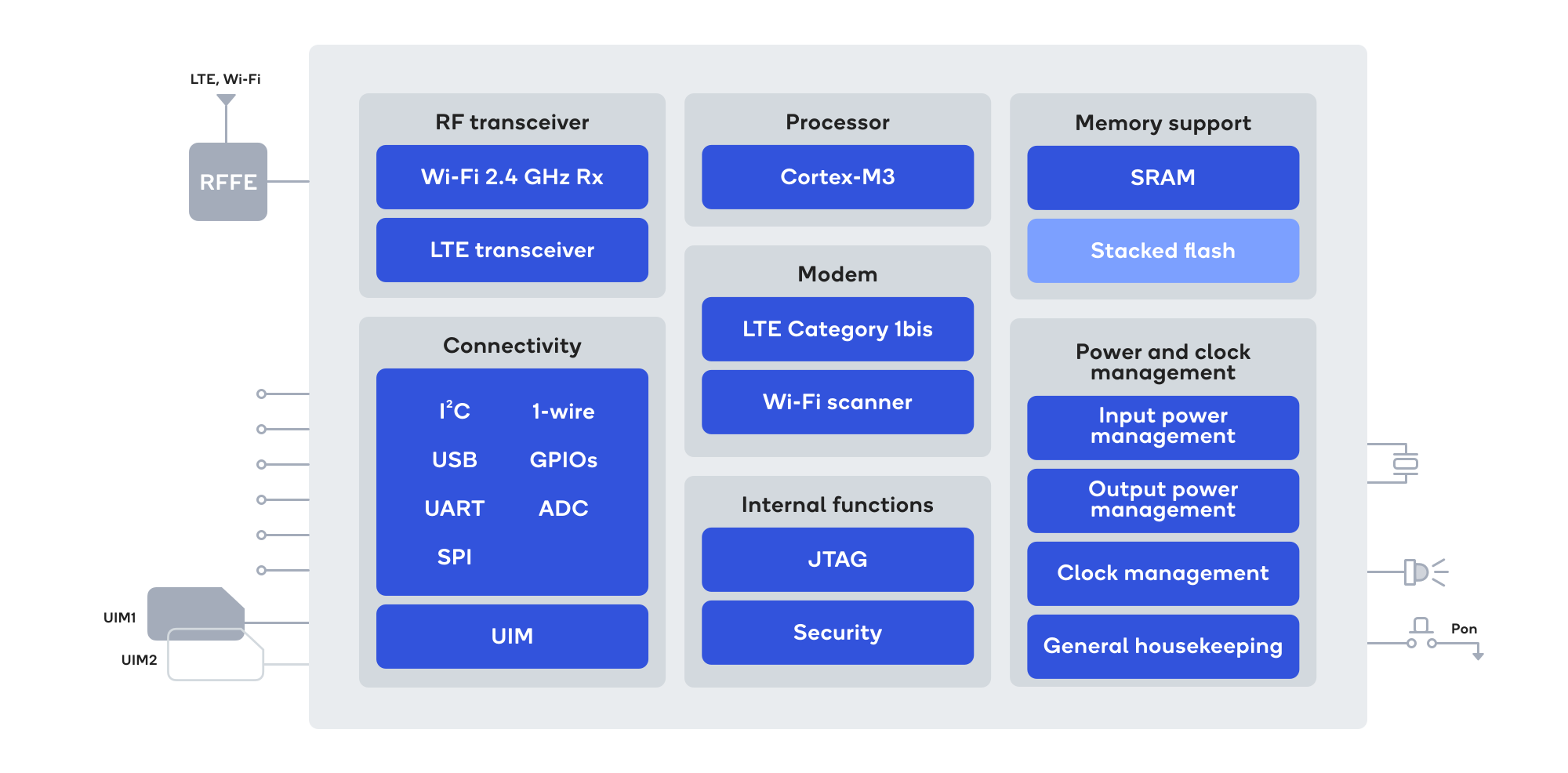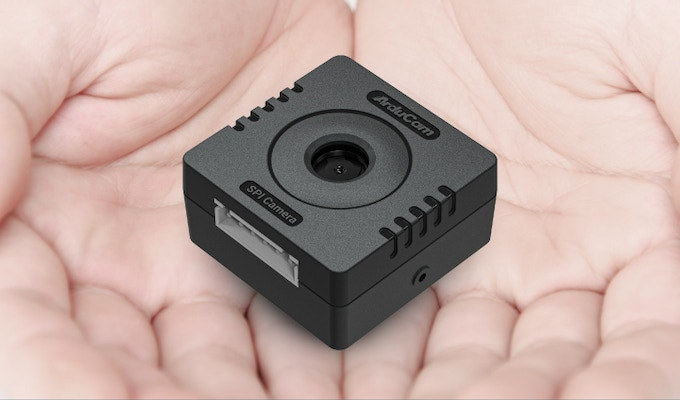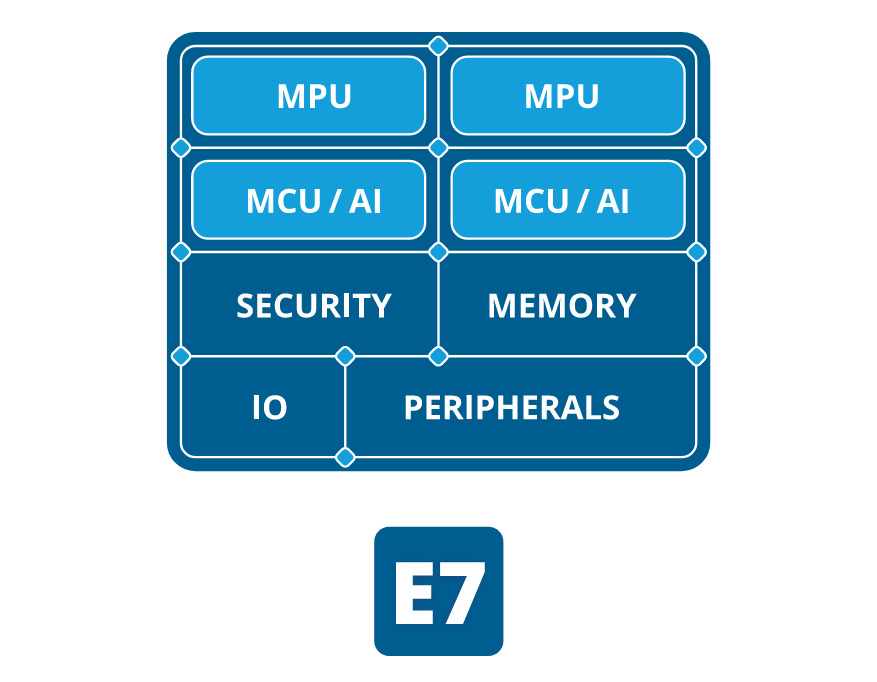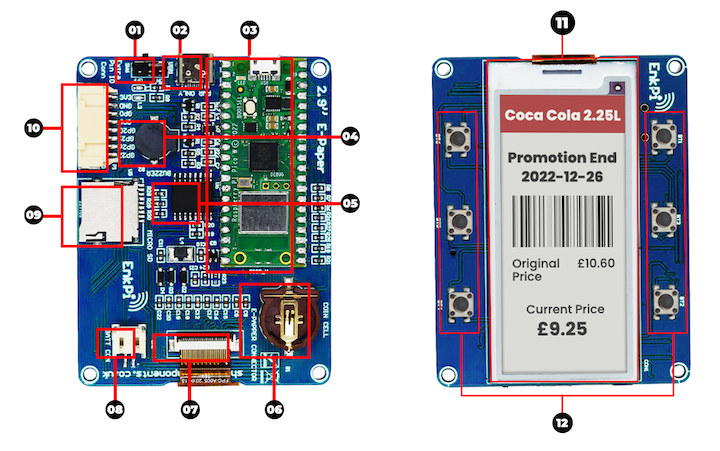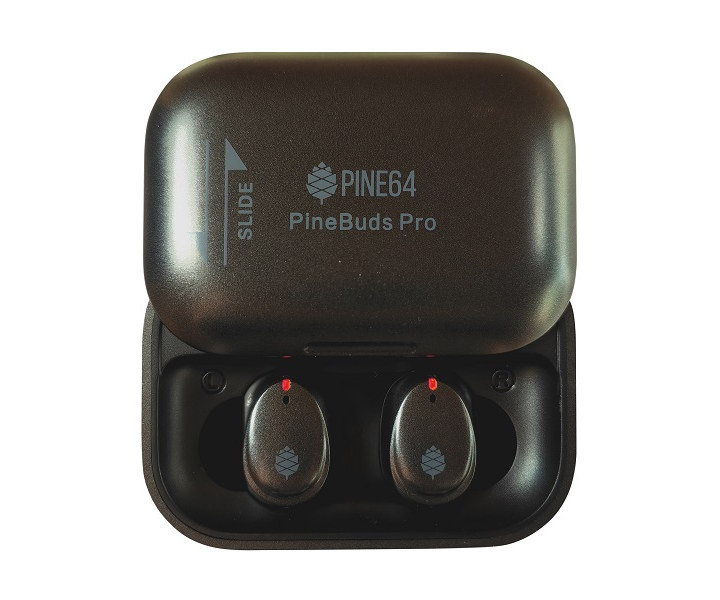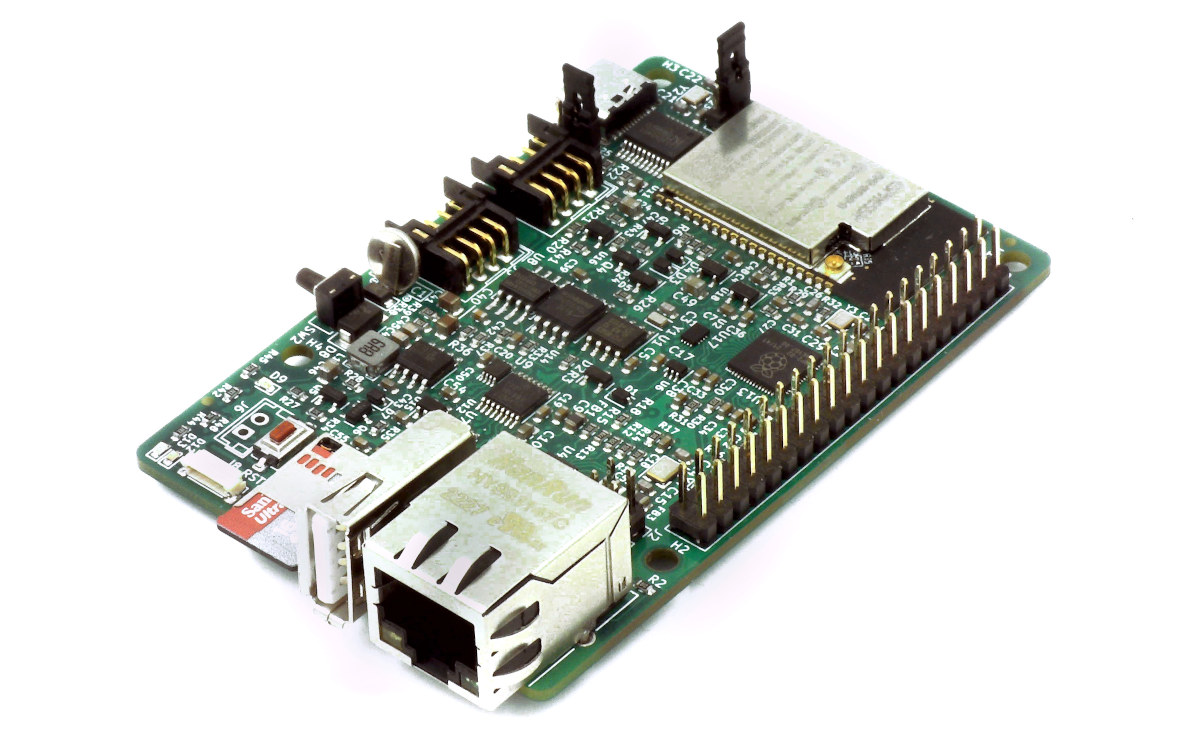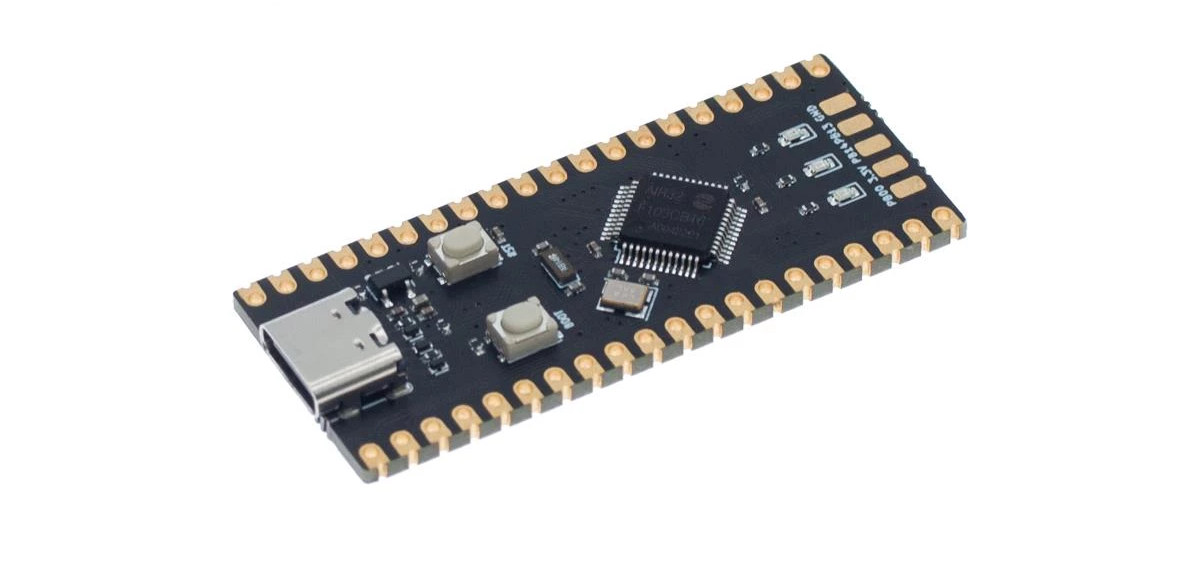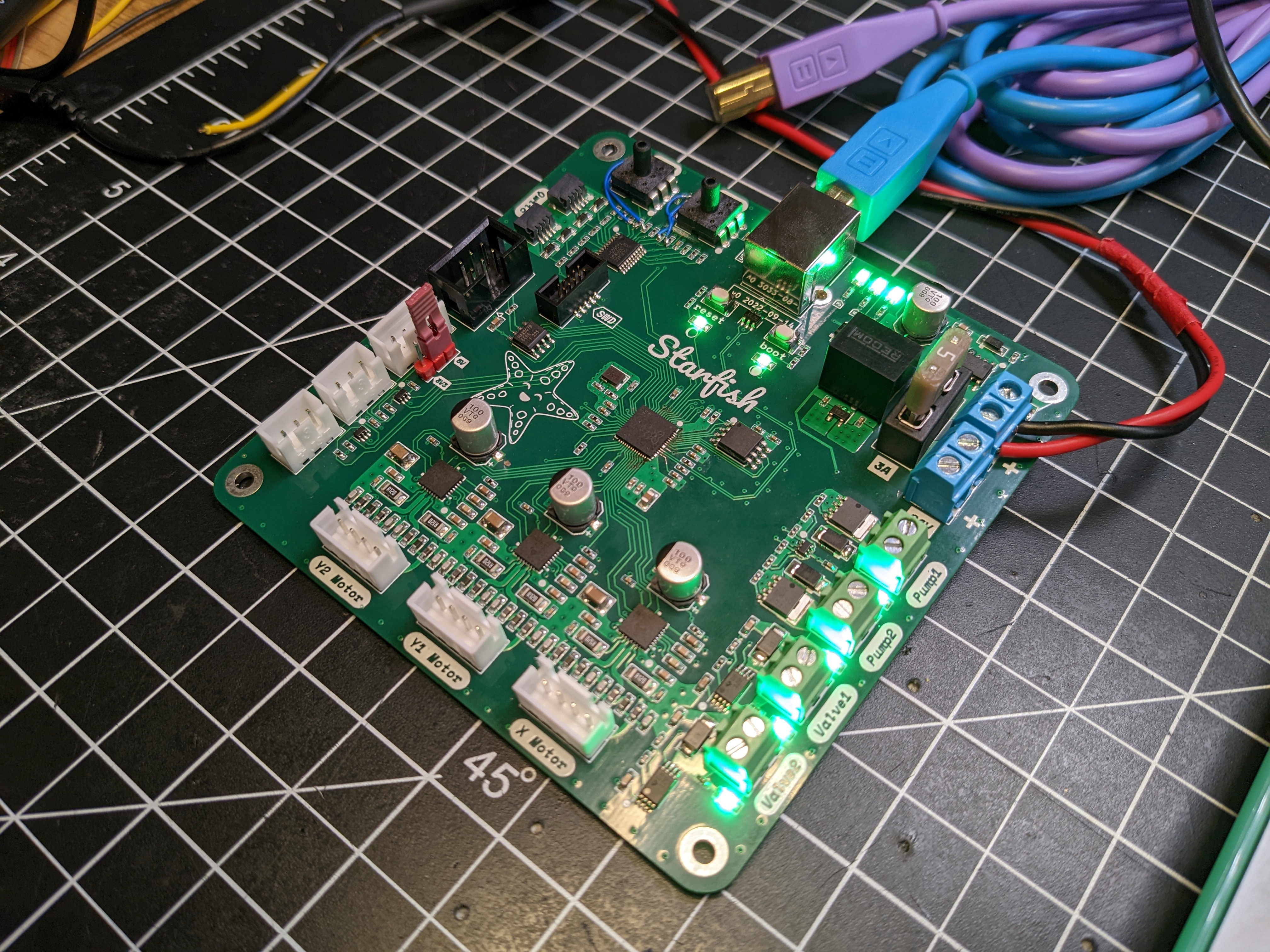Qualcomm QCX216 is a new IoT-optimized LTE Cat1 bis modem with a data rate of up to 10 Mbps at ultra-low power and support for WiFi-based terrestrial positioning thanks to the company’s database of billions of geolocated beacons. LTE Cat1 bis is an update to LTE Cat1 that does not require software and hardware upgrades to the base stations, enables smaller, simpler, and cheaper designs with a single antenna, and delivers higher speeds than LTE Cat M1 typically used in IoT applications. Qualcomm QCX216 LTE IoT modem will be used in smart utility meters, trackers, e-mobility solutions, parking meters, home automation and security equipment, and other location-based solutions. Qualcomm QCX216 specifications: SoC – Qualcomm 216 LTE IoT modem with dual-core Cortex-M3 @ 204 MHz, cellular modem-RF Wireless Cellular Peak Download Speed: 10 Mbps Peak Upload Speed: 5 Mbps Cellular Technology: Rel.14 LTE, Global LTE Cat 1bis Multi SIM: Dual SIM/eSIM […]
ArduCam Mega – A 3MP or 5MP SPI camera for microcontrollers (Crowdfunding)
ArduCam Mega is a 3MP or 5MP camera specifically designed for microcontrollers with an SPI interface, and the SDK currently supports Arduino UNO and Mega2560 boards, ESP32/ESP8266 boards, Raspberry Pi Pico and other boards based on RP2040 MCU, BBC Micro:bit V2, as well as STM32 and MSP430 platform. Both cameras share many of the same specifications including their size, but the 3MP model is a fixed-focus camera, while the 5MP variant supports autofocus. Potential applications include assets monitoring, wildfire monitoring, remote meter reading, TinyML applications, and so on. ArduCam Mega specifications: Camera Type 3MP with fixed focus 5MP with auto-focus from 8cm to infinity Optical size – 1/4-inch Shutter type – Rolling Focal ratio 3MP – F2.8 5MP – F2.0 Still Resolutions 320×240, 640×480, 1280×720 x 1600 x1200x 1920 x 1080 3MP – 2048 x 1536 5MP – 2592×1944 Output formats – RGB, YUV, or JPEG Wake-up time 3MP – […]
Alif Ensemble Cortex-A32 & Cortex-M55 chips feature Ethos-U55 AI accelerator
Alif Semiconductor’s Ensemble is a family of processors and microcontrollers based on Arm Cortex-A32 and/or Cortex-M55 cores, one or two Ethos-U55 AI accelerators, and plenty of I/Os and peripherals. Four versions are available as follows: Alif E1 single-core MCU with one Cortex-M55 core @ 160 MHz, one Ethos U55 microNPU with 128 MAC/c Alif E3 dual-core MCU with one Cortex-M55 core @ 400 MHz, one Cortex-M55 core @ 160 MHz, one Ethos U55 with 256 MAC/c, one Ethos U55 with 128MAC/c Alif E5 triple-core fusion processor with one Cortex-A32 cores @ 800 MHz, one Cortex-M55 core @ 400 MHz, one Cortex-M55 core @ 160 MHz, one Ethos U55 with 256 MAC/c, one Ethos U55 with 128MAC/c Alif E7 quad-core fusion processor with two Cortex-A32 cores @ 800 MHz, one Cortex-M55 core @ 400 MHz, one Cortex-M55 core @ 160 MHz, one Ethos U55 with 256 MAC/c, one Ethos U55 with […]
Add an ePaper display to Raspberry Pi Pico W with EnkPi 2.9-inch to 7.5-inch displays (Crowdfunding)
SB Components is running another crowdfunding campaign with the EnkPi ePaper display powered by a Raspberry Pi Pico W board and offered in four different sizes namely 2.9-inch, 4.2-inch 5.83-inch, and 7.5-inch. Each mainboard also comes with a USB Type-C port, a microSD card socket, an RTC with a backup battery holder, a buzzer, six user buttons, and a JST connector for expansion with GPIO, I2C, UART, and ADC signals. EnkPi specifications: MCU board – Raspberry Pi Pico W with Raspberry Pi RP2040 dual-core Cortex-M0+ microcontroller, 2MB QSPI flash, WiFi 4 module. Storage – MicroSD card socket Display connected over SPI to the Pico W board 2.9-inch tricolor ePaper display with 296×128 resolution 4.2-inch tricolor ePaper display with 400×300 resolution 5.83-inch tricolor ePaper display with 648×480 resolution 7.5-inch tricolor ePaper display with 800×480 resolution Partial refresh support with up to 170 degrees wide viewing angle USB – 1x USB Type-C […]
PineBuds Pro ANC & TWS Bluetooth earbuds with open-source firmware launched for $70
Pine64 has just started taking orders for the PineBuds Pro ANC (Active Noise Cancellation) & TWS (True Wireless Sound) earbuds based on the Bestechnic BES2300-YP dual-core Arm Cortex-M4F Bluetooth audio microcontroller found in the PineSound development board. There are plenty of TWS earbuds on the market, but the PineBuds Pro earbuds are hackable thanks to an open-source firmware that could pave the way to interesting features, and potentially the development of open-source firmware transforming the earbuds into hearing aids. PineBuds Pro specifications: WiSoC – Bestechnic BES 2300YP dual-core Arm Cortex-M4F @ up to 300 MHz with HW DSP instruction, 992KB SRAM, 4MB flash, Bluetooth 5.2 dual mode. Supports hybrid ANC (active noise cancellation) and TWS (true wireless stereo). Wireless Bluetooth 5.2 dual-mode connectivity Bluetooth Profile: A2DP, AVRCP, HFP Audio 3x microphones: FeedForward, FeedBack, Talk with Hybrid Adaptive ANC technology blocking out background noise up to 45dB 6 mm dynamic transducer […]
EsPiFF board combines ESP32 module with RP2040 MCU in the Raspberry Pi 4 form factor (Crowdfunding)
The EsPiFF board may look like a Raspberry Pi 4 Linux SBC but it is equipped with an ESP32-WROVER WiFi and Bluetooth module together with a Raspberry Pi RP2040 microcontroller that acts as a co-processor. The goal here is to provide a Raspberry Pi 4 replacement for applications that require higher reliability and even 24/7 operation without necessarily needing the processing power and multimedia capabilities of the Broadcom BCM2711 Arm processor found in the Pi or the versatility of a Linux operating system. EsPiFF board specifications: Wireless module – ESP32-WROVER module with dual-core ESP32-D0WDQ6 microcontroller with 2.4 GHz WiFi 4 and Bluetooth, 8 MB PSRAM and 16 MB flash Co-processor – Raspberry Pi RP2040 dual-core Cortex-M0+ microcontroller @ up to 133 MHz with 16MB flash used to emulate the Raspberry Pi’s GPIOs on the 40-pin header Additional storage 2 KB of fast FRAM for permanent storage of process data. (faster […]
Air32F103 is a clone of STM32F103 clocked at up to 216 MHz
Air32F103 is yet another clone of the STM32F103 microcontroller that can be faster if needed with a clock of up to 216 MHz instead of 72 MHz for the original STMicro STM32 Arm Cortex-M3 microcontroller. The first SKU of the family is the Air32F103CBT6 whose peripherals and hardware design are compatible with equivalent STM32F103CBT6 parts and offered with 32KB RAM and 128KB flash. There’s also a Bluepill-like development board, but with a different pinout, made by LuatOS. Documentation for the board and microcontroller can be found in a Wiki including the MCU datasheet that indicates models with 256KB flash and 64KB SRAM (Air32F103CCT6) and 96KB SRAM (Air32F103RPT6). Since the wiki is in Chinese only, you may want to head over a post in English on Chowdera to learn how to get started with the Keil IDE using code hosted on Gitee. The chip and board were also spotted on EEVBlog […]
Starfish PnP machine control board combines Raspberry Pi RP2040 MCU with TMC2209 motor drivers
We’ve already seen the Raspberry Pi RP2040 MCU in a 3D printer controller board, so it should come as no surprise that the dual-core microcontroller also found its way into a Pick-and-Place (PnP) machine control board. Designed by Thea Flowers, the Starfish board leverages the RP2040 MCU capabilities to control three Trinamic TMC2209 motor drivers, MOSFET drivers to control DC vacuum pumps, two vacuum sensors, and offer RS485 and I2C connectivity for feeders and peripherals respectively. Starfish specifications: MCU – Raspberry Pi RP2040 dual-core Cortex M0+ microcontroller at up to 133 MHz with 264 kB of embedded SRAM Storage – QSPI flash Motor drivers – 3x TMC2209 drivers for X, Y1, and Y2 MOSFETs – 2x MOSFETs to control the 2x vacuum pumps Valve drivers – 2x TI DRV120 single-channel relay, solenoid, and valve drivers to control two pneumatic solenoid valves Sensors – 2x CFSensor XGZP6857D I2C pressure sensor modules […]


